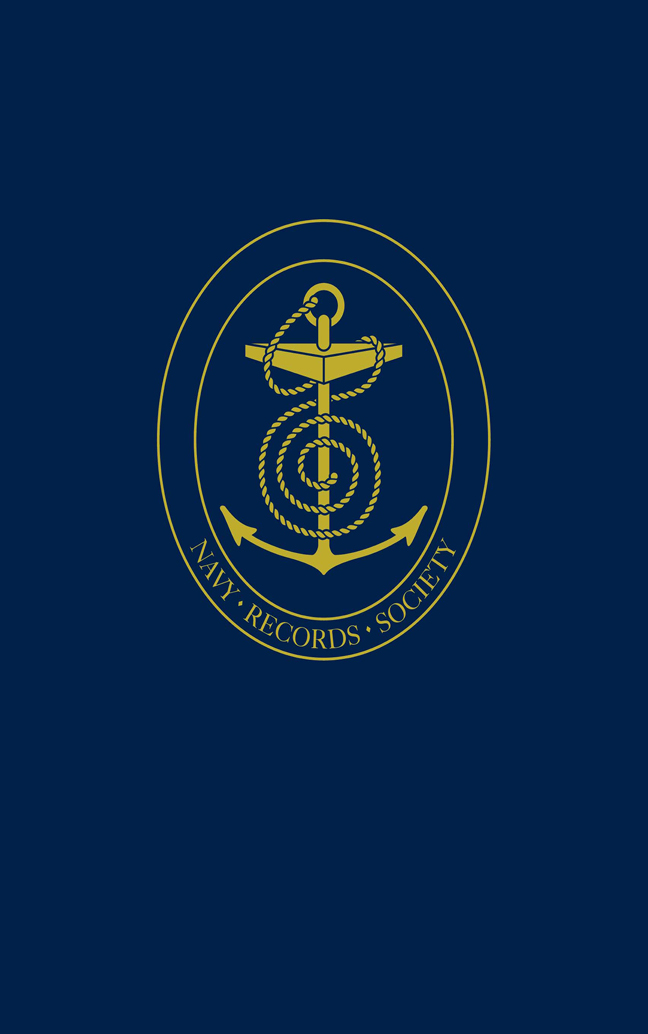 Papers and Correspondence of Admiral Sir John Thomas Duckworth
Papers and Correspondence of Admiral Sir John Thomas Duckworth Published online by Cambridge University Press: 05 March 2024
Duckworth's ship, Orion (74) was retained at Spithead for two months once the French Revolutionary War began, when Duckworth had nothing to do but a series of administrative tasks, impeded fairly effectively by Admiralty bureaucratic procedures [2, 4–9]. He was a notable mentor to young midshipmen, including the future Admiral William Parker, the nephew of Earl St Vincent [1, 3]. He knew the ship was destined for foreign service, but not until March was the destination clear, with the formal notification from the Admiralty and Admiral Gardner [10, 12]. Once at sea, however, all communication, at least in written form, ceased.
In the Leeward Islands, Admiral Gardner, having failed in an attack on Martinique [14–16], was soon sending Duckworth on independent missions, none of them at first very notable [17, 18], but at the end of July he was sent to assist the Jamaica convoy past the French colony of St Domingue, and then on to a delicate diplomatic mission to Virginia [19]. A fairly ludicrous internal dispute between two of his officers was composed by Duckworth by the simple expedient of isolating the disputants until they had cooled down and had considered the consequences [20–22].
The Admiralty's pernickety behaviour and the nonsensical sensitivity of the officers are both indications that the Navy as a whole was not yet free of the more relaxed procedures of peacetime – though the officers’ behaviour persisted throughout the war, particularly among the senior ranks.
The detachment to Virginia missed the Jamaica convoy he had been told to watch for. He made a good impression as he approached Norfolk, Virginia, by the capture of the French privateer Sans Culotte [23]. Duckworth rapidly established cordial relations with the British consul in Norfolk, John Hamilton, and his presence was evidently regarded with interest and approval by the local gentleman – the capture of the privateer probably helped here [24–32]. He carefully avoided, by sensible research, becoming involved in fighting another French privateer which was not only in American waters but actually in the harbour, despite being urged by the consul to seize it [25], but he carefully gathered information about the French naval presence in American ports, noting that the discipline of the ships was particularly bad [26, 27]. His earlier experience in American waters as a lieutenant was clearly valuable in his estimation of the value of information.
To save this book to your Kindle, first ensure [email protected] is added to your Approved Personal Document E-mail List under your Personal Document Settings on the Manage Your Content and Devices page of your Amazon account. Then enter the ‘name’ part of your Kindle email address below. Find out more about saving to your Kindle.
Note you can select to save to either the @free.kindle.com or @kindle.com variations. ‘@free.kindle.com’ emails are free but can only be saved to your device when it is connected to wi-fi. ‘@kindle.com’ emails can be delivered even when you are not connected to wi-fi, but note that service fees apply.
Find out more about the Kindle Personal Document Service.
To save content items to your account, please confirm that you agree to abide by our usage policies. If this is the first time you use this feature, you will be asked to authorise Cambridge Core to connect with your account. Find out more about saving content to Dropbox.
To save content items to your account, please confirm that you agree to abide by our usage policies. If this is the first time you use this feature, you will be asked to authorise Cambridge Core to connect with your account. Find out more about saving content to Google Drive.